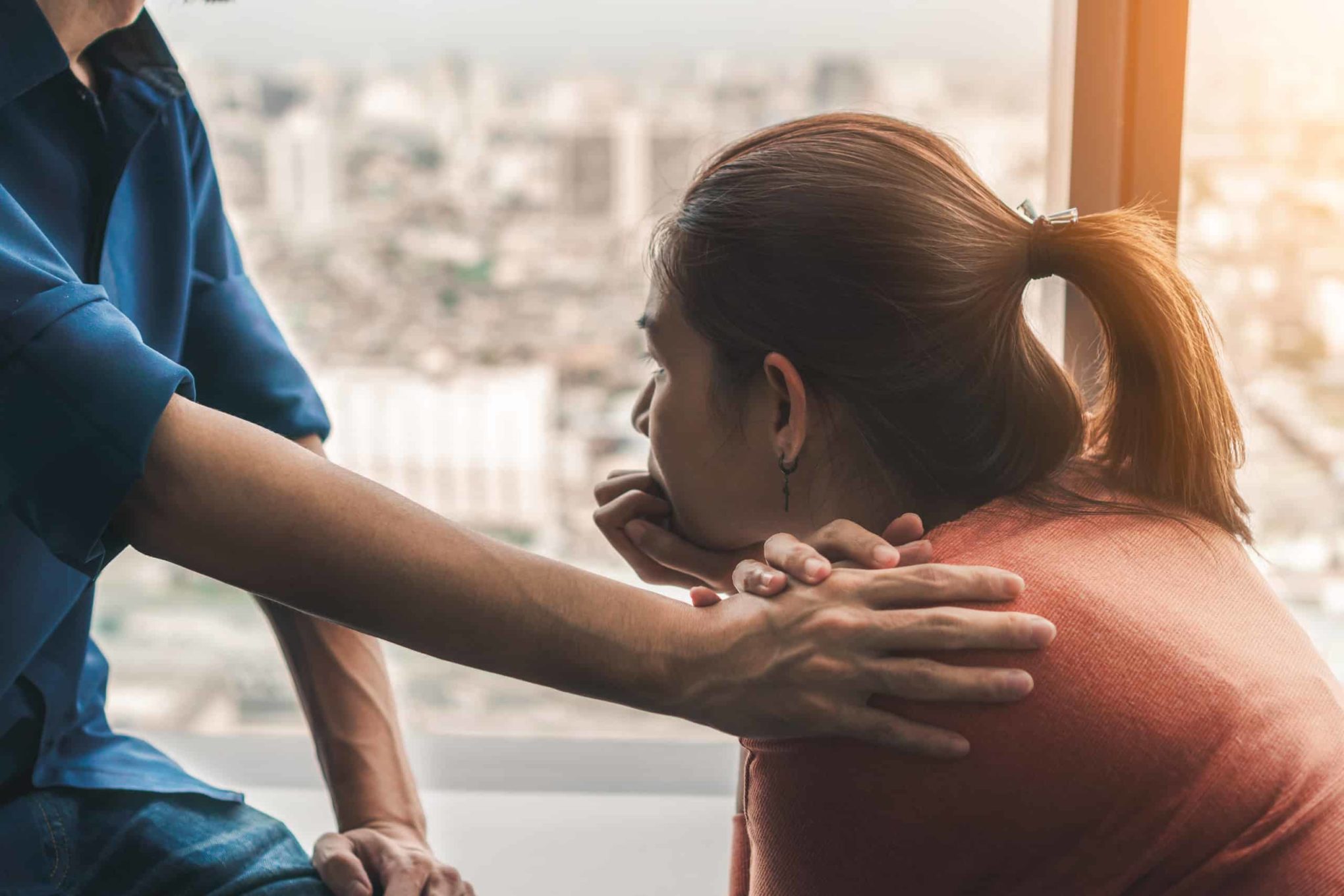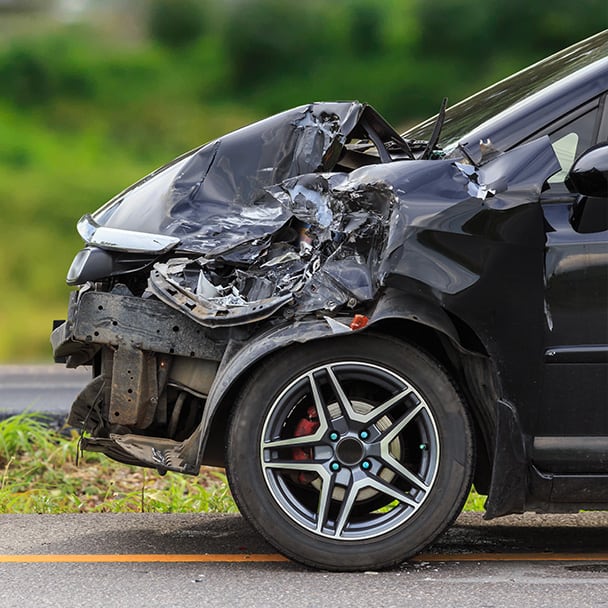COMPREHENSIVE PTSD TREATMENT
Post-traumatic stress disorder (PTSD) is one of the most common long-term mental health issues. It is characterized by the inability of an individual to process singular or repetitive trauma in a healthy manner. Those who suffer from PTSD keep reliving their trauma and find themselves unable to remove themselves from their traumatic memories. Eventually this difficulty can end up impacting other areas of their lives, including job-loss, family estrangement and even substance abuse.
According to the National Center for PTSD, 25 to 75 percent of those who have survived abusive or violent trauma also report problems with alcohol use. Approximately 10 to 30 percent of survivors of accidental, illness, or disaster trauma report problematic alcohol use, especially if they are troubled by persistent health problems or pain. Let Recovery Unplugged help you or your loved one overcome your PTSD and associated substance abuse. We’re here to help.

PTSD affects many populations, and can develop from a variety of factors from armed combat to school bullying. PTSD targets people of all ages and can take many years to overcome. It can also keep sufferers from actively moving forward in their lives. Some of the more common causes of PTSD include:
- Rape or Sexual Assault
- Physical or Emotional Abuse
- Bullying Death of a Loved One
- Storm or Natural Disaster
- Domestic Violence
- Financial Trouble
- Abandonment or Neglect
- Military Service
- Car Crash and Other Types of Accidents
It’s incredibly common for PTSD sufferers to internalize their trauma and mediate with drugs and alcohol. We’re ready to help you break the cycle of trauma and substance abuse.



SYMPTOMS OF PTSD
While each person’s PTSD symptoms will vary according to their unique care needs and type of trauma, there are some universal symptoms for which loved ones can watch out. Friends and families are uniquely positioned to recognize PTSD symptoms and help sufferers get help. Some of the more common symptoms of PTSD include:
- Agitation
- Irritability
- Hostility
- Hypervigilance
- Self-Destructive Behavior
- Social Isolation
- Flashback
- Fear
- Severe Anxiety
- Mistrust
Individuals noticing these symptoms in themselves or a loved one should seek help immediately before their PTSD gets any worse or endangers themselves or others.
